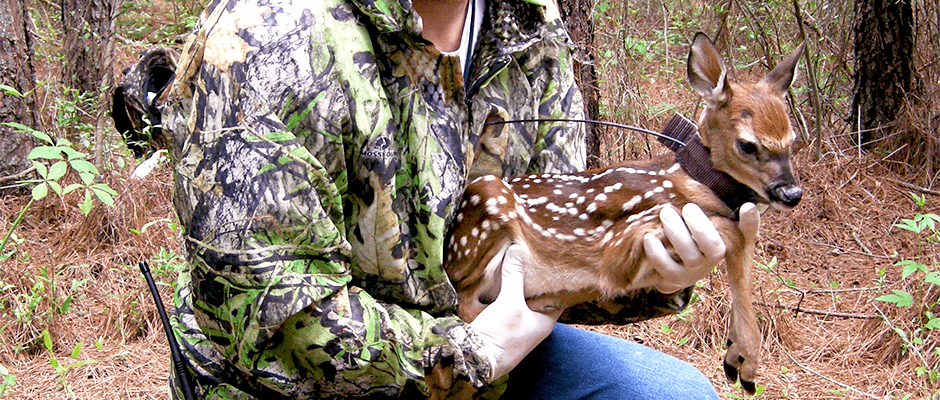- News
-
-
-
-
-
Latest News Articles
- WSB: Study tests accuracy of thermal drone surveys April 26, 2024
- Computer model explores Tribal use of fire for ecosystem health April 26, 2024
- 2024 TWS Elections: Southwest Representative April 25, 2024
-
-
-
- Wildlife Professional Resources
-
- Our Network
-
- PUBLICATIONS
-
-
Recent Posts
-
 The Wildlife Professional November/December Issue
November 1, 2023
The Wildlife Professional November/December Issue
November 1, 2023
-
-
-
-
-
-
- Wildlife Events
-
-
-
Upcoming Webinars
- No Events
-
-
-
- Who We Are
-
Tag: hunter harvest

December 13, 2016
WSB study: Coyote predation not the main source of declining deer in S.C.
In parts of the southeastern U.S. where coyotes prey heavily on white-tailed deer fawns, wildlife managers should restrict adult doe harvest, a recent study suggests. Using data stemming from research...

November 11, 2015
Harvesting Not Enough to Control Canada Goose Numbers
Hunting alone may not be enough to control the growth of the non-migratory Canada goose population in Connecticut, according to a new study. Michael Conover, lead author of a study...

